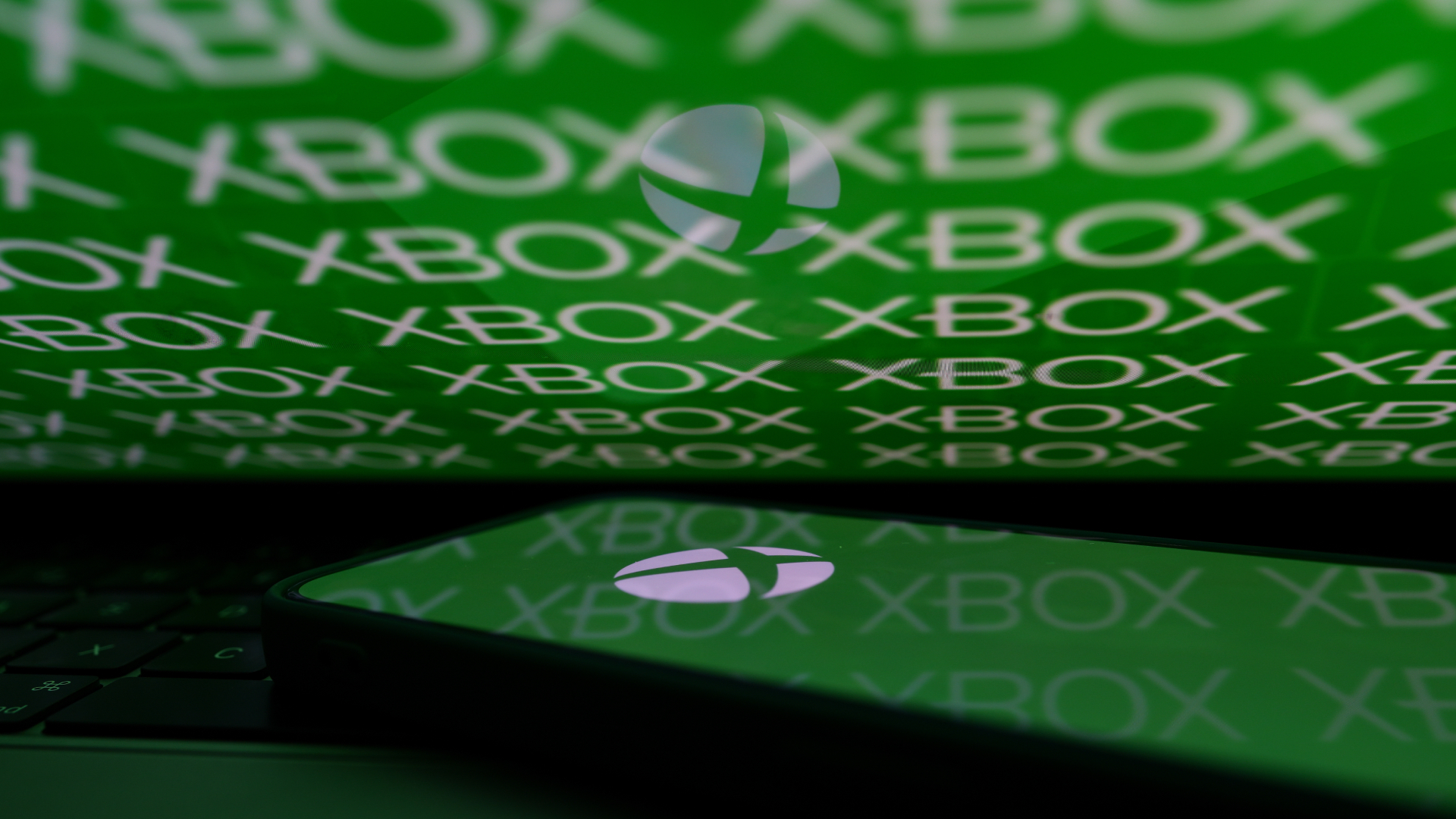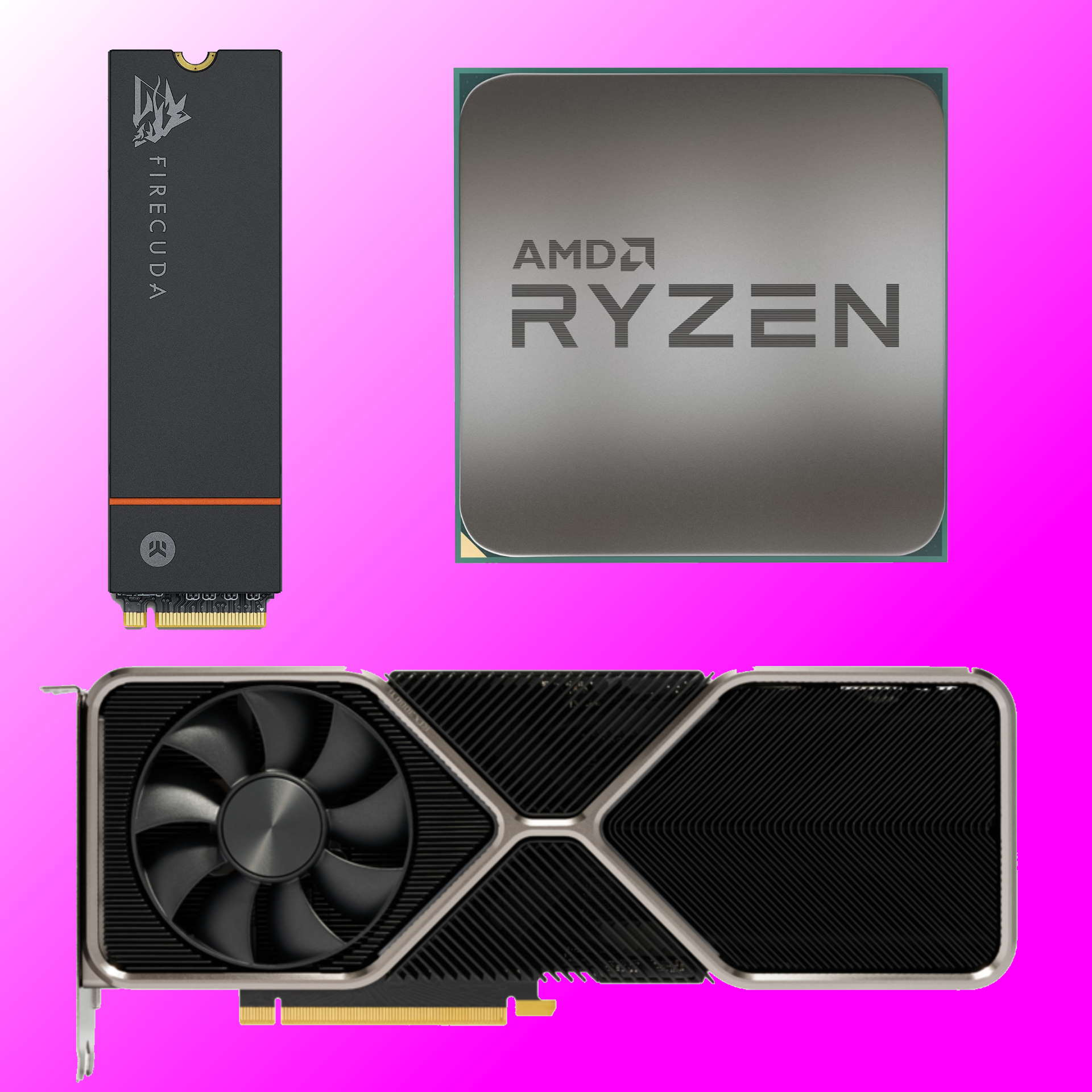
Will it be powered by AMD, Intel or even Nvidia?
It’s official. Microsoft has upgraded its stance on the rumoured Xbox handheld gaming console from “we should” have one back in June to we’re planning one. The catch? It’s years away.
Xbox head honcho Phil Spencer told Bloomberg on Tuesday that “the expectation is that we would do something” when it comes to a handheld gaming device. Bloomberg says that Microsoft is working on prototypes and researching the market, but that Spencer says any retail device is still a few years out.
“Longer term, I love us building devices,” Spencer told Bloomberg, “and I think our team could do some real innovative work, but we want to be informed by learning and what’s happening now.”
Back in June, Spencer said, “when I look at Steam Deck and the ROG and my Legion Go, I’m a big fan of that space.” Even earlier in March he said, “I want my Lenovo Legion Go to feel like an Xbox.”
So, while this latest statement is not an absolute guarantee that Microsoft will actually release a gaming handset, the Xbox chief has clearly been incubating the idea for some time and sees a major opportunity in that market.
Beyond that, the specifics are few and far between. But a launch in a few year’s time would give Microsoft all kinds of possibilities on the hardware side. AMD has only just launched its latest Strix Point APU which is now appearing in PC-based handhelds, for instance.
But one of the disappointments of that chip is that it’s based on TSMC’s N4 silicon node rather than the latest N3 technology, which somewhat limits the performance that can be crammed into small form factors.
An Xbox handheld launch in a few years would likely allow the device to be based on N3 technology or perhaps even TSMC’s N2 node. Suddenly, significantly more performance and maybe even better battery life will be possible.
Of course, it’s not just AMD that Microsoft could call on to power the device. Despite Intel’s struggles, the Battlemage iGPU in its latest Lunar Lake laptop APU is pretty impressive. Likewise, Intel CEO Pat Gelsinger has signalled that he sees the future of graphics as “large” integrated GPUs rather than standalone graphics cards. So, Intel could be an option for Microsoft.
There’s also the possibility that Microsoft could tap up Nvidia for the handheld. The latest rumours claim that Nvidia is working on a gaming APU for late 2025 or early 2026. Nvidia’s APU will have Arm CPU cores rather than x86 cores, presenting problems for backwards compatibility and legacy game title support.
But there’s no doubting the prowess of Nvidia’s graphics tech, and the leak of Microsoft’s internal roadmap for Xbox last year showed that the company was evaluating a switch to Arm from x86 for the main console, too.
So, Arm and thus Nvidia has to be a possibility, especially when you consider the power efficiency advantage that Arm CPUs tend to have. That’s super appealing for a handheld.
Anyway, taken in the round, this latest statement from Spencer means a handheld is very unlikely to appear before 2026, and we’d wager 2027 and onwards would be a safer bet given how early in the process Microsoft seems to be.
But, arguably, the later the device arrives, the more powerful it’s likely to be. So, in this case a longer wait could be worthwhile. Watch this space.
Best CPU for gaming: Top chips from Intel and AMD.
Best gaming motherboard: The right boards.
Best graphics card: Your perfect pixel-pusher awaits.
Best SSD for gaming: Get into the game first.






